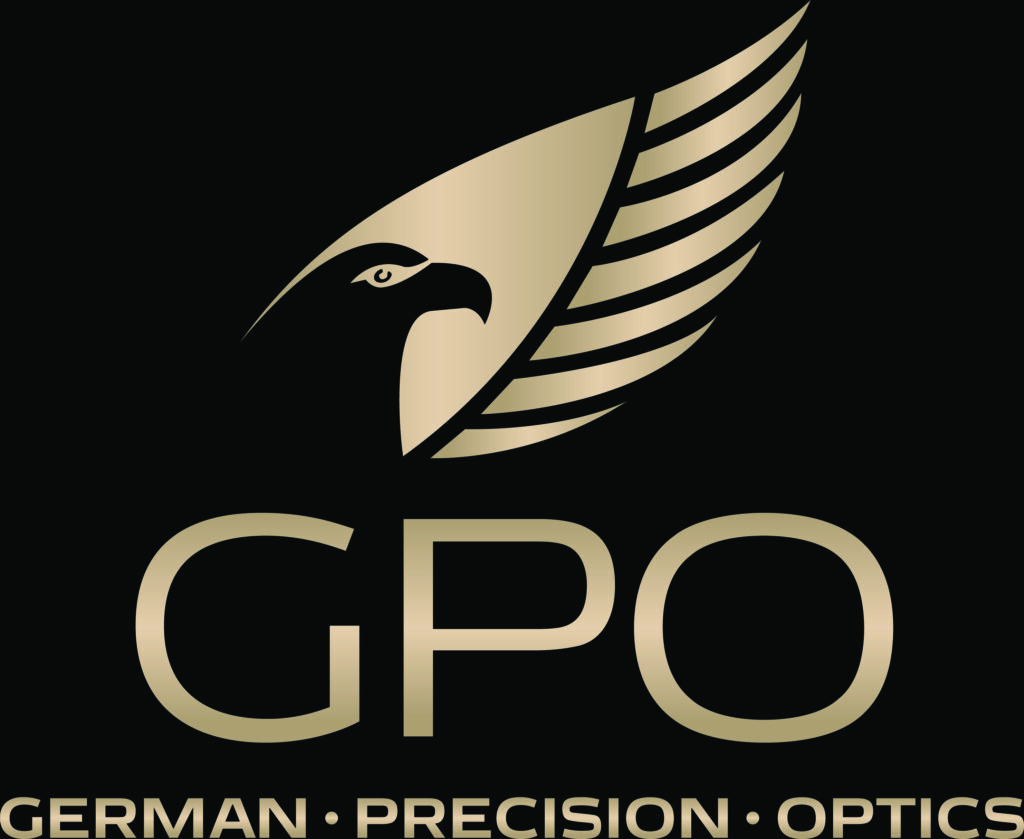When venturing out for a day in the woods or across expansive plains, hunters require more than just their weapons and keen instincts. It’s vital to stay connected with fellow hunters and those at home in the event of separation, wildlife encounters, or unforeseen circumstances. Here are the communication resources you should always have while hunting.
Cell Phone
You wouldn’t go anywhere without your cell phone. It connects you to the world, and some applications can help you in your hunt.
Reliable access to emergency services can make a big difference in dangerous situations. Cell phones have GPS and location-sharing services, which can be lifesaving when rescue services need to pinpoint your location. Always ensure your phone is fully charged before going hunting, and consider carrying a portable power bank to juice up when necessary.
Two-Way Radios
Cell phones are powerful yet subject to signal limitations. Hunters should be aware of areas with reliable service. If you know you’re in an area with poor cell signal, you should have a two-way radio.
Whether you’re tracking game through dense forests or coordinating a hunt on a savanna, reliable communication with your team is the key to staying face. Two-way radios are indispensable because they enable real-time communication and keep everyone on the same page.
Don’t forget to clean and disinfect two-way radios at the end of your trip. This will ensure the radio can support your hunting communication efforts.
GPS Device
A global positioning system (GPS) is an invaluable tool for navigation and safety. A standalone GPS device is typically more durable than a cell phone. The superior battery life and ruggedness of the device will keep it functional in places where cell service is nonexistent.
Consider features such as topographic mapping, waypoints, and tracking capabilities when selecting a GPS for hunting. You can mark areas of interest, navigate back to base camp, and trace your path while tracking game.
High-sensitivity GPS receivers offer great accuracy in environments where foliage or terrain may obstruct signals. Some advanced models have distress signaling functions, adding a layer of security in emergencies.
Signal Whistle
In situations where modern technology fails or batteries die, the simplicity and reliability of a signal whistle can be lifesaving. This low-tech but highly effective communication tool should be an integral part of your hunter’s kit.
A whistle doesn’t rely on satellites or signal reception and can cut through the ambient sounds of the wilderness. The distinct, high-pitched tone of a signal whistle can travel over long distances and is easily recognizable as a call for help.
Preparation is a hunter’s best friend. As you gear up for your next hunting expedition, pack these hunting communication resources.
Casey Cartwright
Latest posts by Casey Cartwright (see all)
- The Best Gear for Overnight Off-Road Excursions - June 25, 2024
- Why UTVs Are the Perfect Vehicle for Hunting - June 12, 2024
- Considerations for Where To Place Your Gun Safe - May 24, 2024




Recent Comments